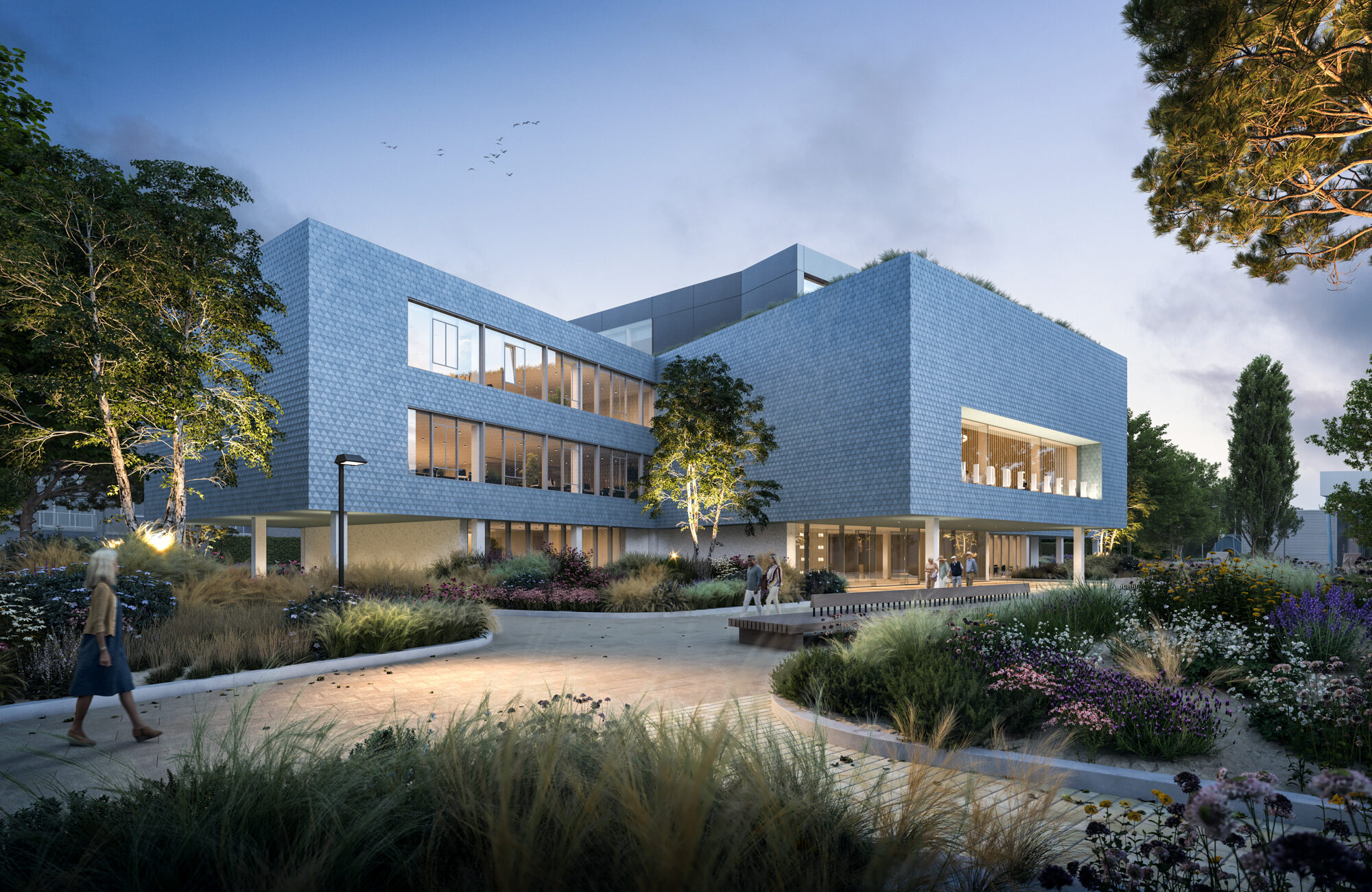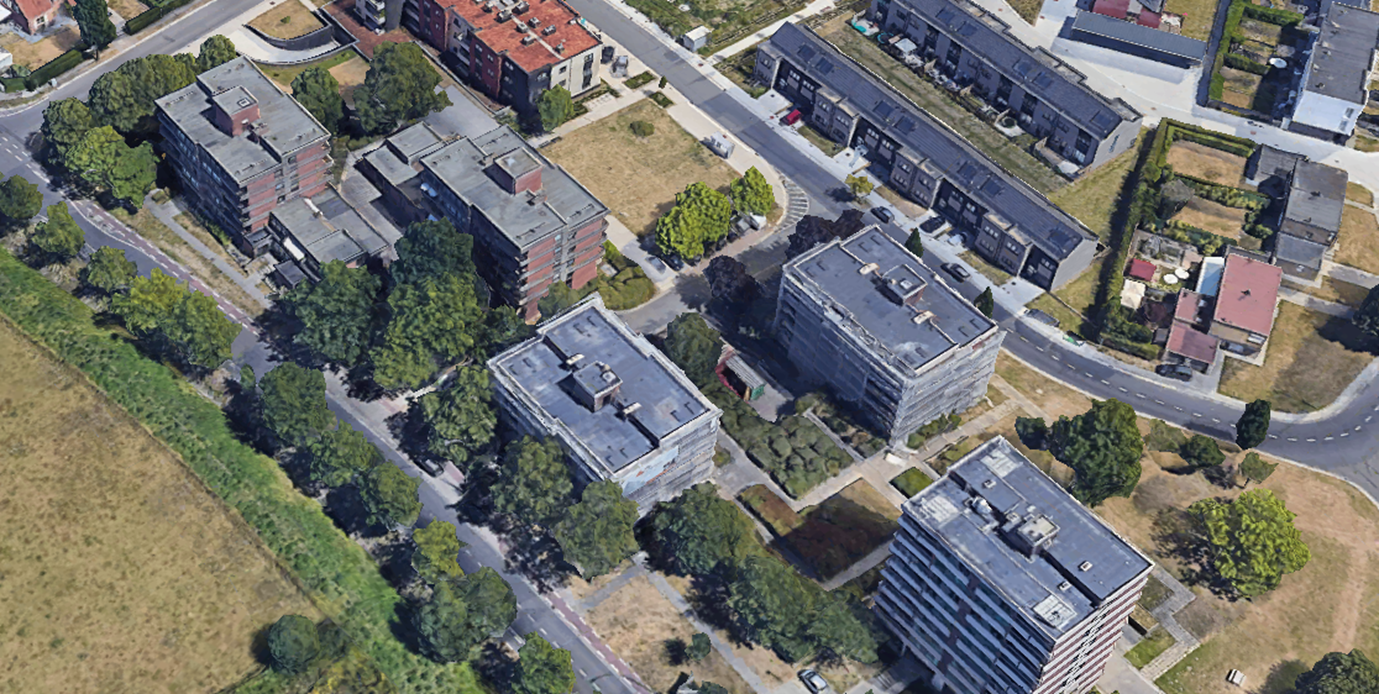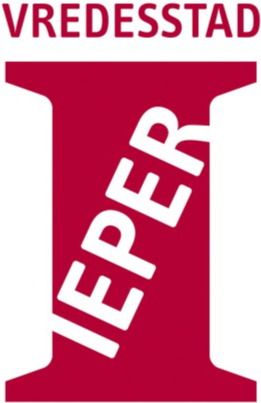Climate district of Mechelse Vesten
Commissioned by the Environment Department of the Flemish Government, the Team Vlaams Bouwmeester and the Flemish Energy and Climate Agency, Ingenium, together with a multidisciplinary team, investigated the 'Climate District Mechelse Vesten'. Ingenium assisted the project in heat expertise and energy and building technology vision. Besides Ingenium, the study team consisted of our partners Atelier Horizon (urban planning), Bureau Bouwtechniek (building renovation), Levuur/Contutti (participation) and Metha Advocaten (legal).
Client
Flemish Government, Department of Environment, Labo Ruimte
Contact person: Ighor Van De Vyver - ighor.vandevyver@mechelen.be
Location
Mechelen
Budget study
approx. 150,000 € excluding VAT
Period of study
2020-2023
Climate district of Mechelse Vesten
The principals launched a project call in spring 2020 to support local governments in concrete reconversion projects at neighborhood scale. This with a major focus on the challenges of energy, climate and space: the Climate Neighborhoods. By linking these challenges at the neighborhood level, there are potential opportunities. From the neighborhood projects submitted, three Climate District projects were selected in Mechelen, Leuven and Kortrijk. A multidisciplinary study team was then appointed for each of these projects.
Ingenium was given the opportunity to be part of the study team in Mechelen. Through design research, discussions with internal and external experts and by involving the right actors, cabinets and administrations, an intense process was completed for this Climate District. The complex task of renovating and renewing existing (residential) neighborhoods is a long-term effort and requires intense collaboration between designers, residents, technical experts, authorities, etc. At the same time, it is an extremely urgent task. The speed with which outdated buildings must be adapted is very high if we want to achieve the climate objectives and make our cities and towns fossil-free as quickly as possible. Only by thinking about this transition task on a collective scale and in an integrated way can a solid story be plotted.
FOCUS
The Klimaatwijk Mechelse Vesten stands out because it focuses on two different needs. It focuses both on the feasibility of developing a heat network along the Vesten, a citywide infrastructure, and on targeted collective renovation of apartment buildings. These two complementary dynamics create transformation opportunities at various scales and with different focuses. The challenge therefore lies in being able to mold these aspects into one coherent transition project. This requires both motivated building owners and ambitious administrators. Major steps can be taken through a combination of urban projects and triggering individual actions. This can only be achieved once the ambitions have been formulated and the objectives are clear.
In addition to technical and spatial strategies, it is essential within this transition task to present a supported project. The City of Mechelen is therefore working both on an integral heat strategy for the territory and on a heat coalition in which various stakeholders are gathered and where the transformation process to a fossil-free environment is central. Specifically for the Mechelen Vesten, the focus is on the VMEs (Associations of Co-owners) of the apartment buildings. Since they provide the access to a collective renovation of buildings along the city ring, they occupy an important position. Indeed, this collective renovation is extremely necessary.
DIFFERENT SCALES
The design research for the Klimaatwijk Mechelse Vesten sought insights at different scales in order to obtain the most complete approach possible. On the one hand, the research on the building scale is a crucial input for mapping the renovation possibilities and challenges regarding the image quality of the buildings along the Vesten. Next, the scale of the Vesten as a whole provides the strategic view on a city scale. Here the more large-scale interventions and strategies can be worked out, such as the technical infrastructure on a city scale or the necessary interventions in the public space. Finally, the (intermediate) scale of the building block is also of great importance within this design research. After all, it allows to approach the challenges in a collective way, in which the spatial insertions for core reinforcement, densification, de-pitting and program are essential. The building block can thus provide the missing puzzle piece between the building and city scales. Although the problem statement for this design research is very clear and the need for a solution becomes urgent, the research shows that there are still many challenges beyond the spatial-energy aspect. Therefore, this research reached out to opportunities and insertions that are first steps to make the ambitions a reality, but which will still depend on further feasibility studies.
Also bitten by
smart technology?
Come push boundaries with us and help make a difference in our industry-leading projects.





.png)




.png)




